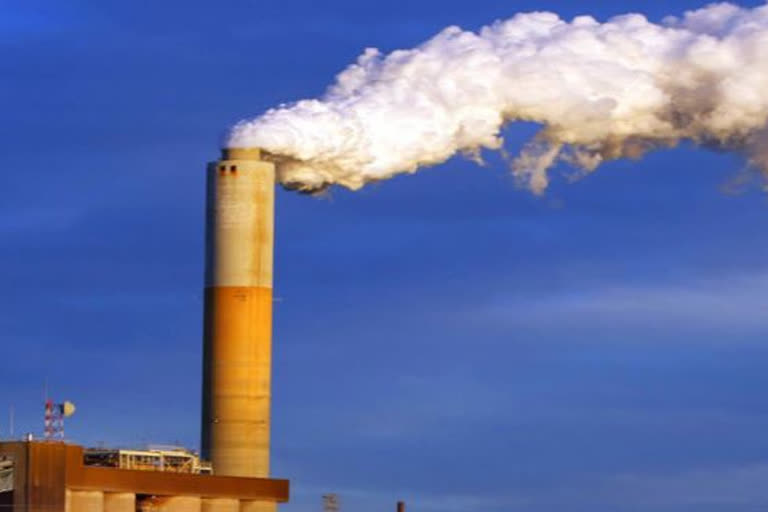New Delhi: As smoky and hazy skies are back to haunt Delhi-NCR after a few months of blue skies and clean air, experts have cautioned people to brace for the winter season saying higher pollution level may worsen the impact of COVID-19. Environment and health experts have asked people, especially those vulnerable to COVID-19 attack, to be more careful as the chronic exposure to air pollutants is associated with severe infections and higher mortality. They feel that lungs compromised due to pollution could lead to complications like pneumonia during COVID-19.
"There is abundant evidence that exposure to air pollution increases our vulnerability to respiratory viral infections both in terms of transmission and the severity of the infection, said Avinash Chanchal, climate campaigner, Greenpeace India. "Researchers have linked air pollution with mechanisms that may reduce our immune defences such as damage to human airways, cilia and epithelial barriers. In the case of COVID-19, current evidence indicates that chronic exposure to air pollutants is associated with more severe infections and higher mortality," he said.
Every year the winter season brings with it cold, polluted air in northern India and the problem this year can worsen due to the pandemic. A layer of smoky haze lingered over Delhi-NCR on October 15 with the air quality in the region hitting 'very poor' levels, even as stricter anti-air pollution measures, including a ban on electricity generators, came into force under the Graded Response Action Plan (GRAP). According to Health Ministry data updated on Friday, India's COVID-19 caseload rose to 73,70,468 with 63,371 new infections being reported in a day.
Doctor Shuchin Bajaj from Ujala Cygnus Group of Hospitals in Delhi, said at the onset of winter and stubble burning, cases of Asthma and COPD (chronic obstructive pulmonary disease) rise but one needs to be more careful this year because of the pandemic. "When your lungs are compromised and weak, you have more chances of developing complications like pneumonia during COVID. You have to take care of SMS - social distancing, mask and sanitisation more so in the coming days," Bajaj said.
Read: Central govt sends teams to five States to fight Covid-19
According to SAFAR (System of Air Quality and Weather Forecasting and Research), the contribution of farm fires to Delhi's PM2.5 concentration was around 6 per cent on Thursday. It was only around one per cent on Wednesday and around 3 per cent on Tuesday, Monday and Sunday. NASA's satellite imagery showed a large cluster of farm fires near Amritsar, Patiala, Tarn Taran, and Firozpur in Punjab, and Ambala and Rajpura in Haryana. The Central Pollution Control Board (CPCB) swung into action on October 15 by sending its 50 teams to inspect pollution hotspots in Delhi and neighbouring cities and file reports from field for the next two months.
The Environment Ministry recently held a meeting with the CPCB and officials of Delhi, Haryana, Punjab, Rajasthan and Uttar Pradesh on stubble burning.
